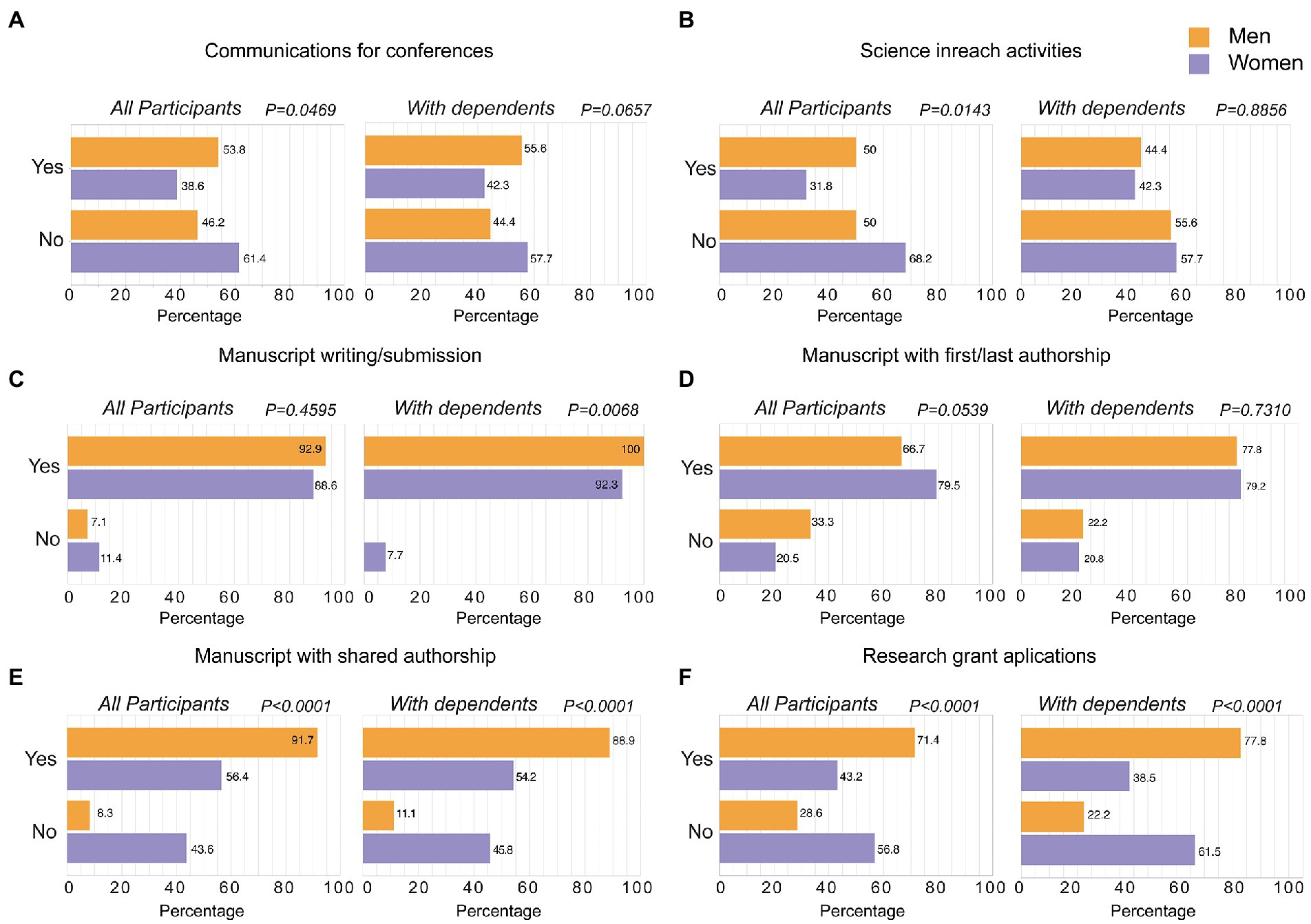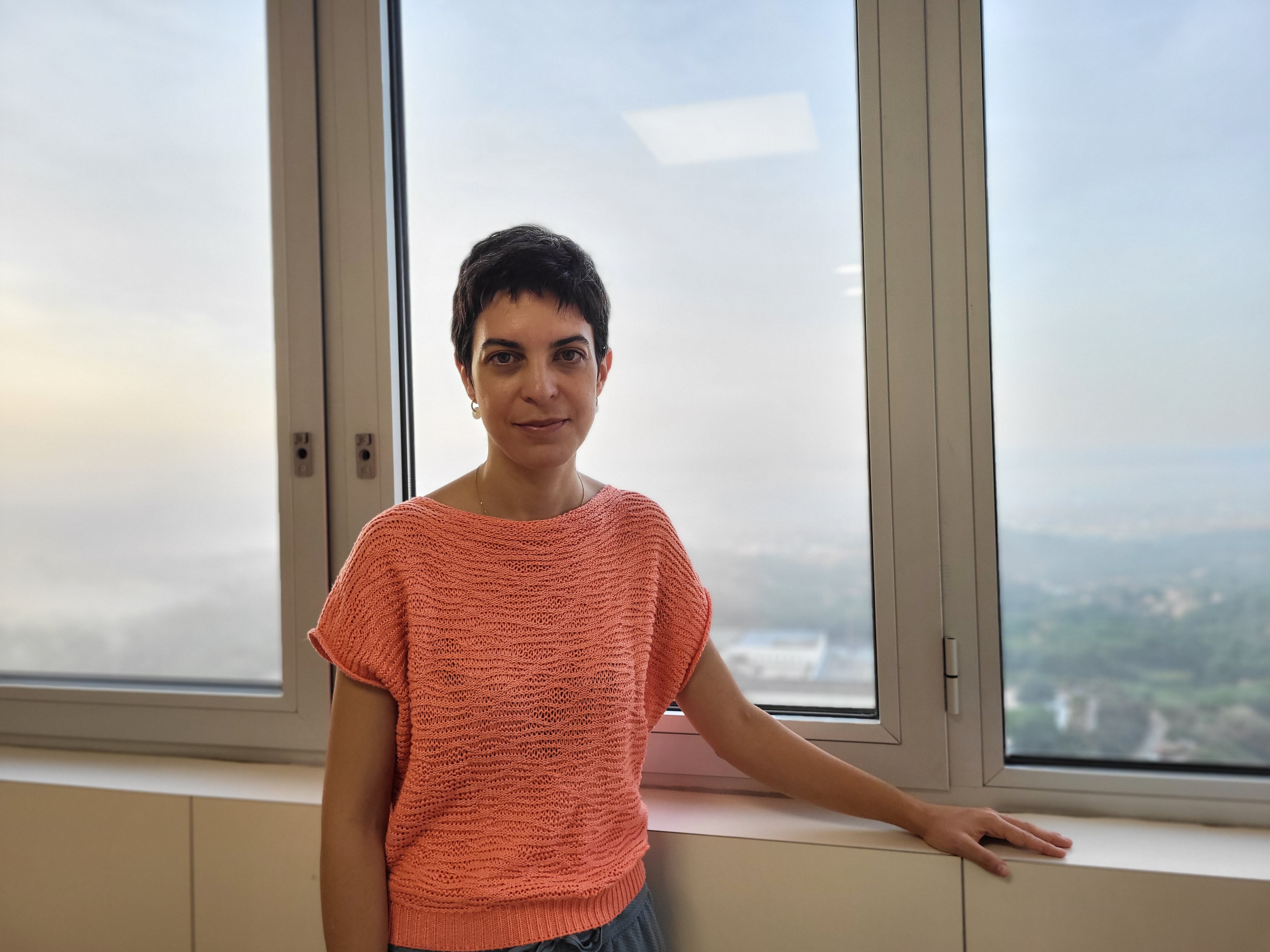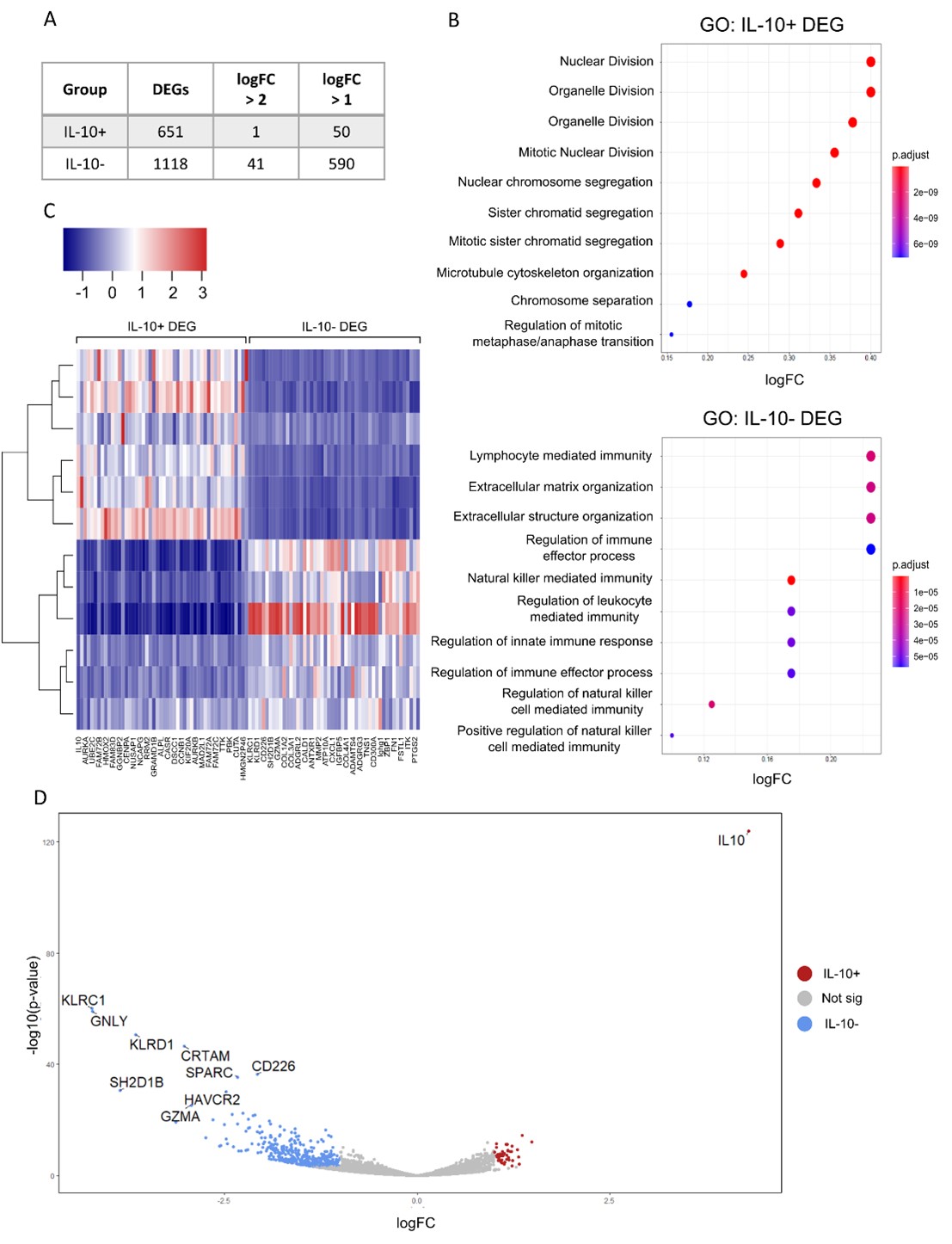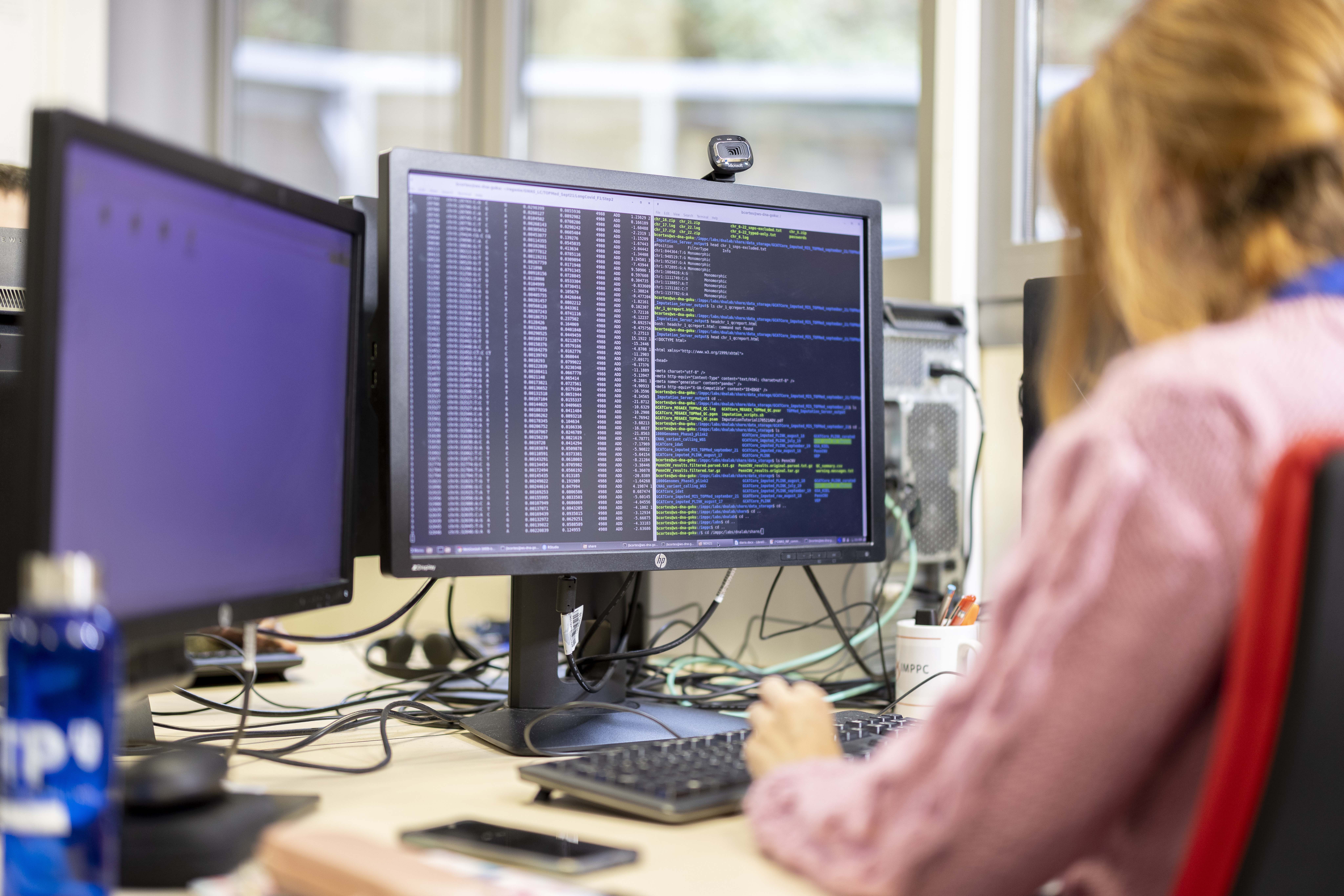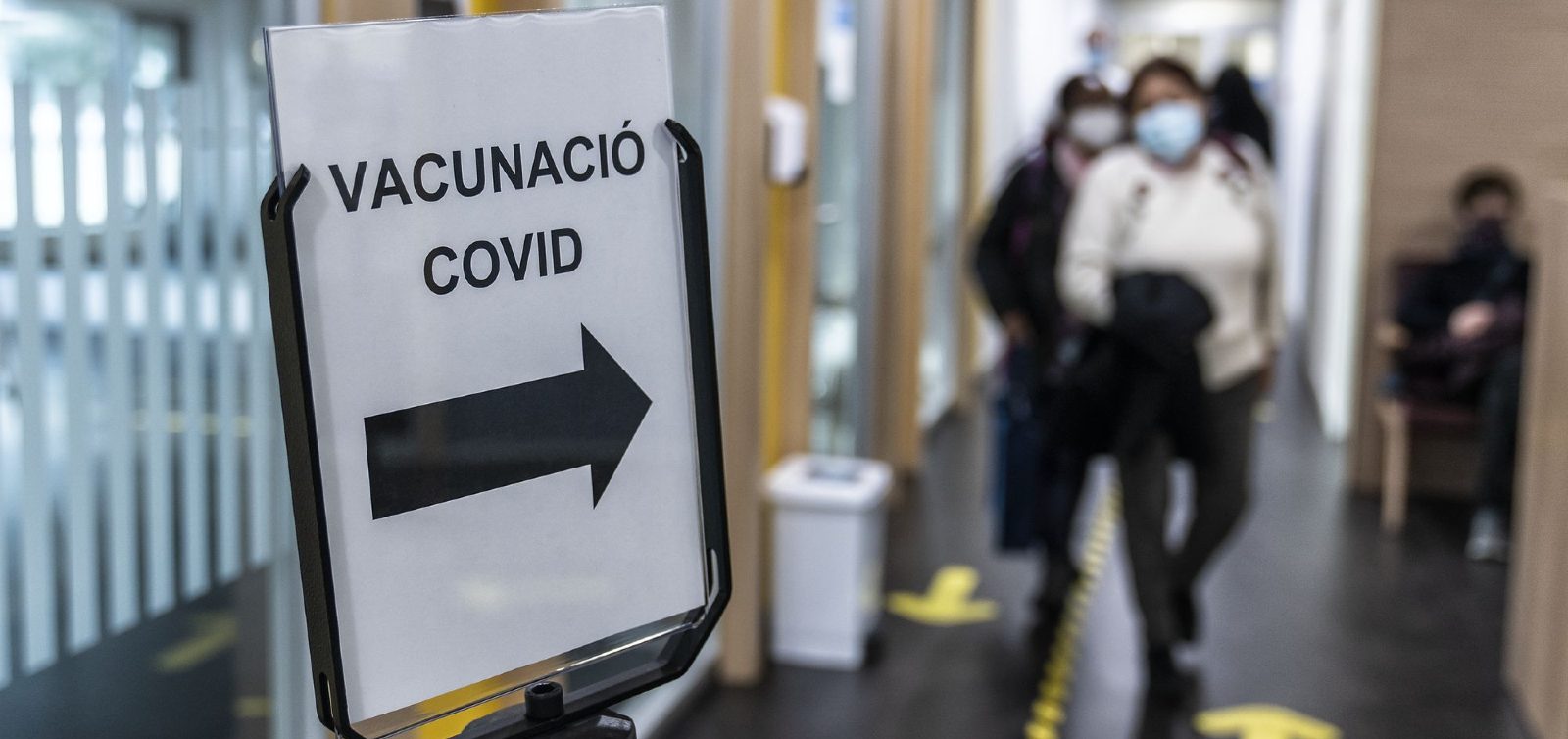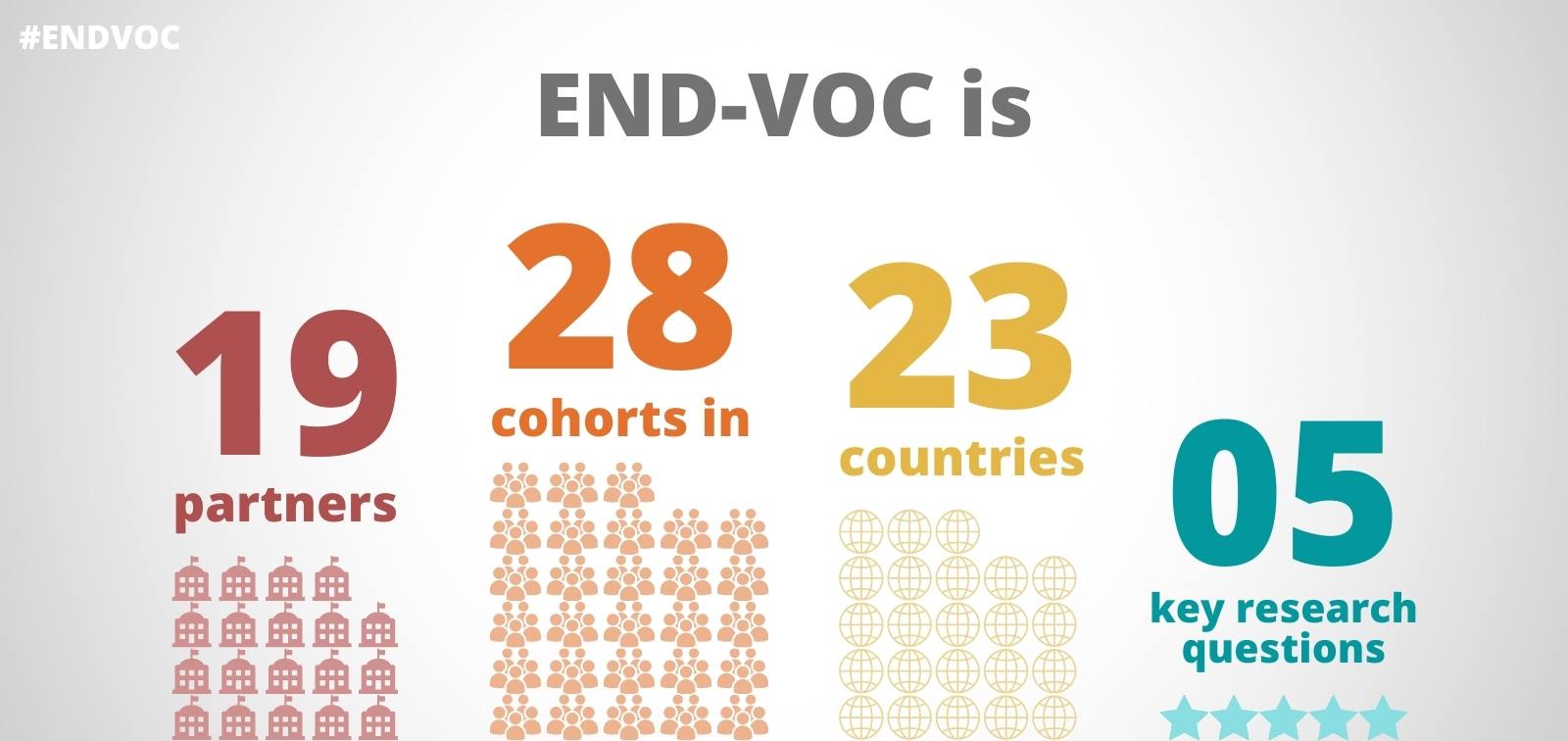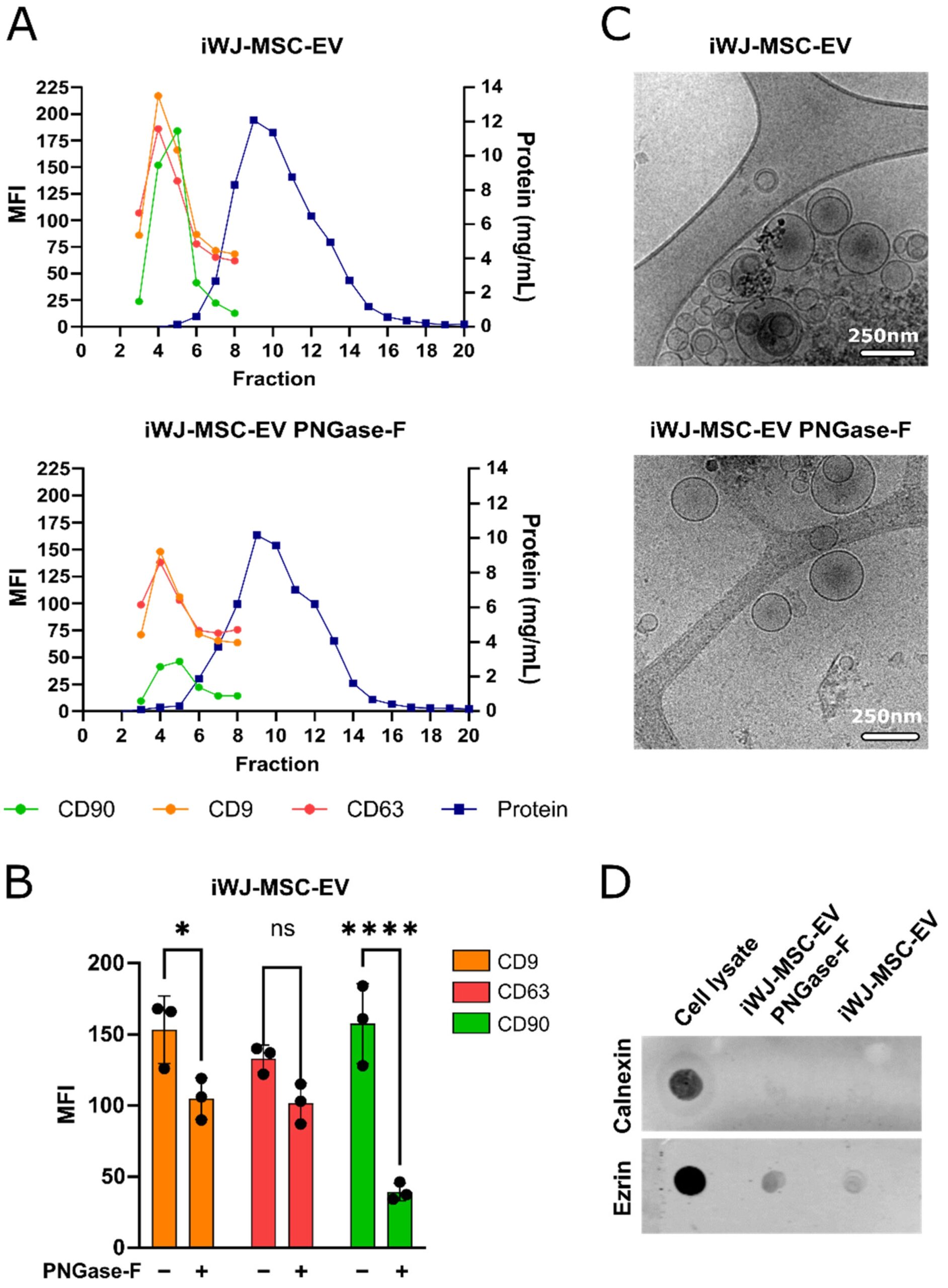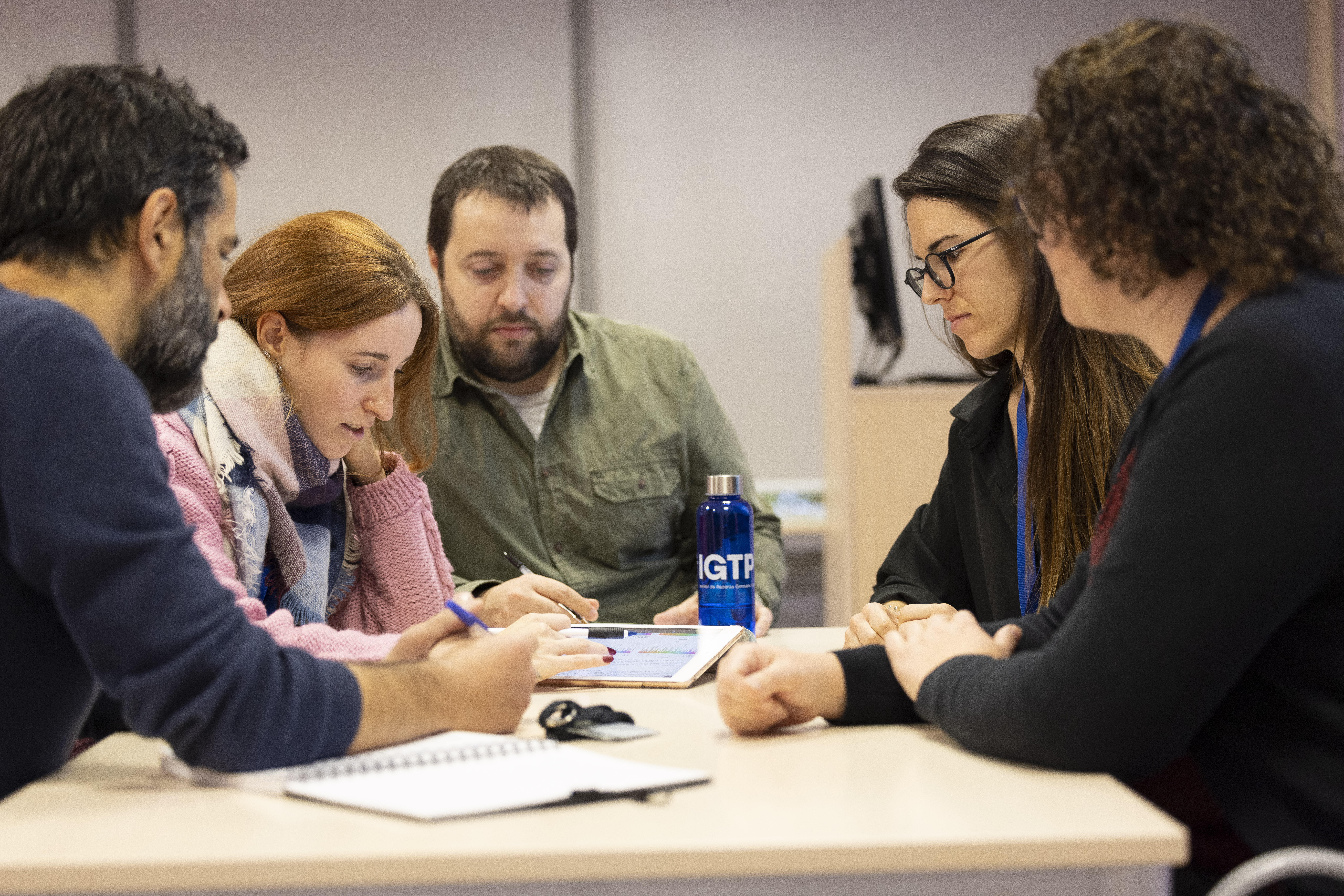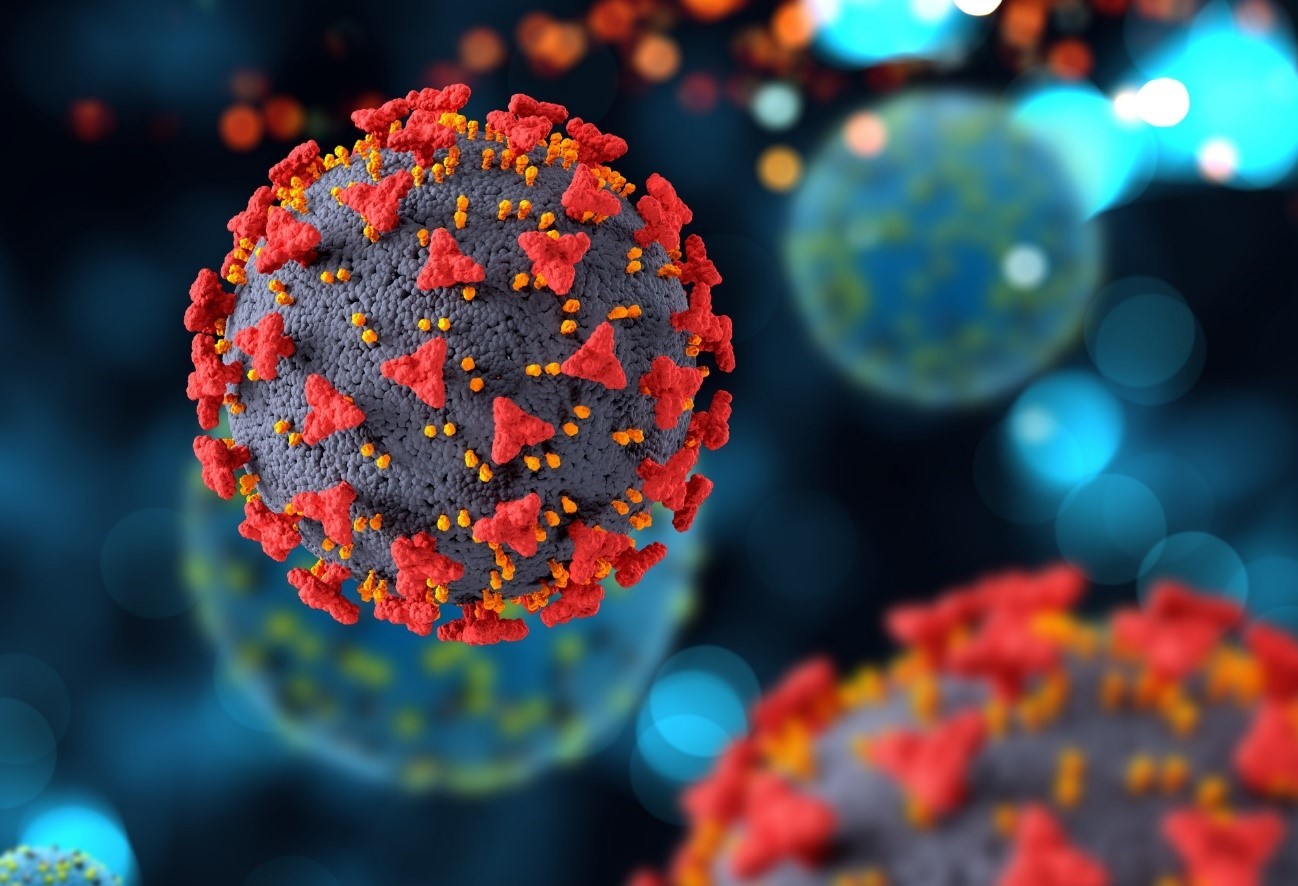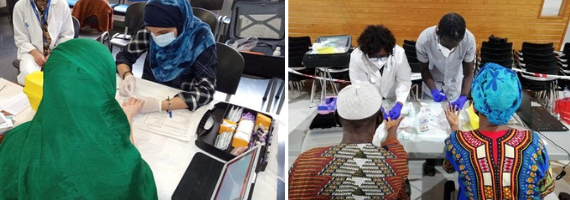Less women in scientific production, a reality of the COVID-19 lockdown
A study promoted by the "Women in Science" working group of the Can Ruti Campus, has shown that, from July to October 2020, scientific production was more linked to men. Women, on the other hand, developed a greater number of scientific activities perceived as altruistic.
